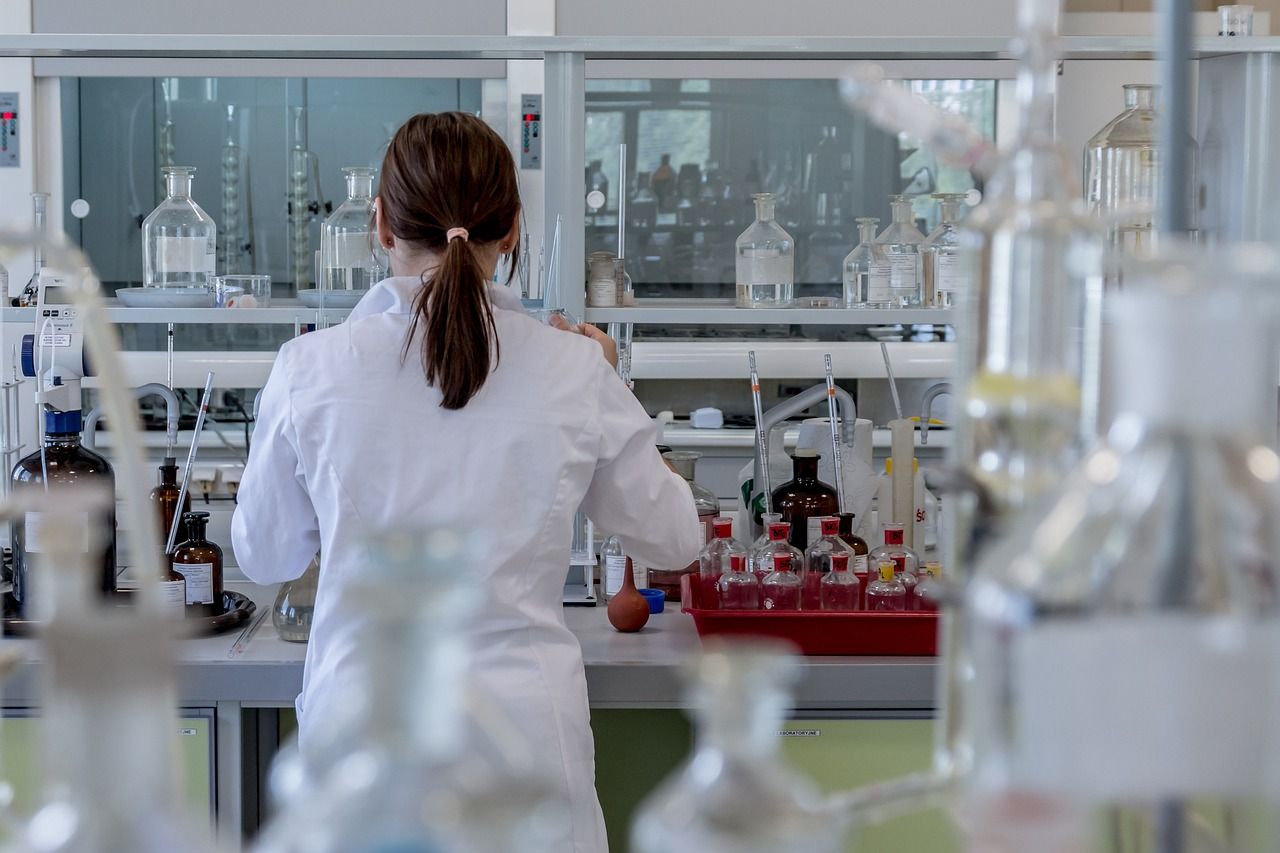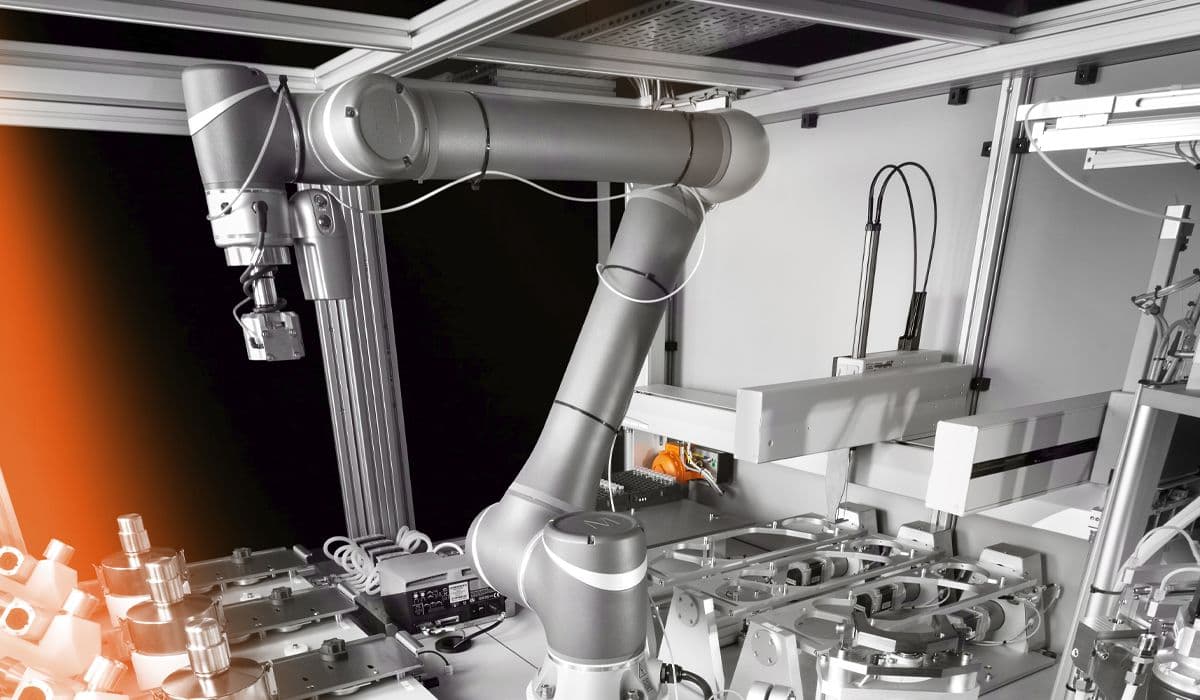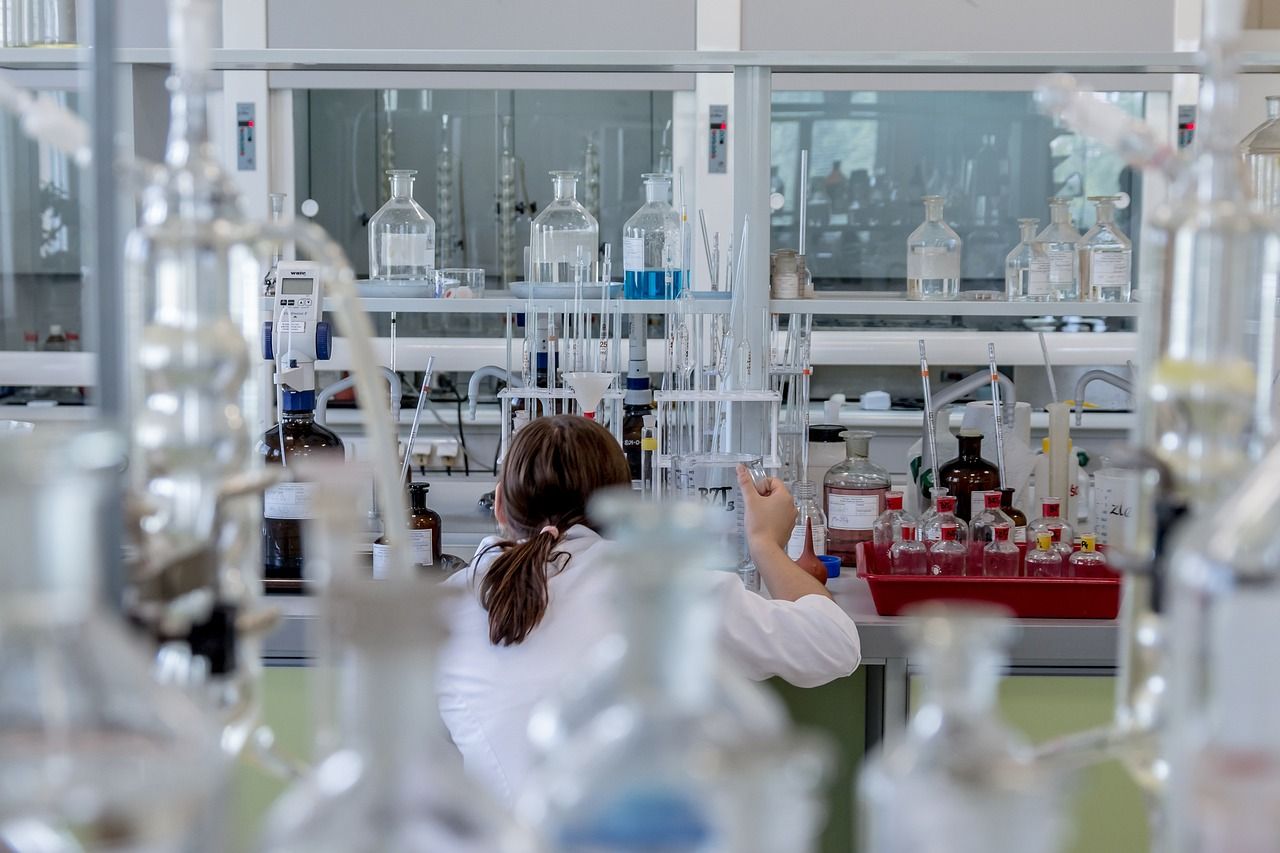Lab Automation in Healthcare: Using Automation Diagnostic Labs

Share this article
Providing Quicker, More Precise, and Accessible Healthcare Through Automation
The healthcare sector is experiencing a significant shift, propelled by the rising need for quicker diagnostics, increased sample volumes, and tailored medicine. For managers of diagnostic labs, this entails managing substantial pressure to produce accurate results swiftly and economically. At Astech, we assert that laboratory automation is not merely a tool for efficiency; it is an essential element in transforming healthcare diagnostics.
The Escalating Demands on Diagnostic Laboratories:
Surging Test Volumes: From standard screenings to specialized molecular diagnostics, the volume of tests required is skyrocketing.
Accelerated Turnaround Times (TAT): Swift diagnoses are crucial for prompt treatment, particularly in acute care and during infectious disease outbreaks.
Increased Complexity: Contemporary diagnostic tests are frequently multi-faceted and highly sensitive, necessitating precision and consistency.
Workforce Challenges: An escalating shortage of skilled laboratory personnel, combined with repetitive tasks, can result in burnout and mistakes.
Regulatory Scrutiny: Strict standards for accuracy, reproducibility, and data integrity are imperative.
How Automation Enhances Diagnostic Laboratories and Patient Care:
Improved Throughput and Speed: Automated systems can handle hundreds or even thousands of samples each hour, significantly decreasing turnaround times for essential diagnostic results. This has a direct effect on patient care by facilitating quicker treatment decisions.
Unmatched Accuracy and Reproducibility: By removing human variability in pipetting, mixing, and sample handling, automation guarantees consistent and precise execution of assays, resulting in highly accurate and reproducible outcomes. This reduces the likelihood of misdiagnosis.
Minimized Human Error and Contamination:
Automated liquid handling and closed systems greatly minimize the likelihood of human error, cross-contamination, and exposure to hazardous biological samples, thereby improving both data quality and laboratory safety.
Optimized Resource Utilization: Automated scheduling and sample management guarantee the efficient use of costly reagents and consumables, decreasing waste and leading to more economical operations without sacrificing quality.
Enhanced Lab Safety: By automating hazardous or repetitive tasks, laboratory personnel are safeguarded from exposure to harmful pathogens and chemicals, while also reducing ergonomic strain.
Comprehensive Traceability and Data Integrity: Integrated barcode scanning, automated data capture, and seamless LIMS integration offer a complete audit trail for every sample and test result, which is essential for regulatory compliance and patient safety.
Scalability for Future Needs: Modular automated systems can be readily adapted or expanded to meet new diagnostic tests, increased sample volumes, or changing healthcare demands, ensuring the lab's capabilities are future-proofed.
Empowering Laboratory Professionals: Automation liberates highly skilled medical technologists and scientists from routine tasks, enabling them to concentrate on complex analysis, result interpretation, quality control, and the development of new diagnostic assays.
Partner with Astech for Diagnostic Excellence
Astech boasts a proven history of designing and implementing custom automation solutions for the most demanding healthcare settings. We collaborate closely with diagnostic laboratories to comprehend their unique workflows and regulatory needs, delivering robust solutions.


